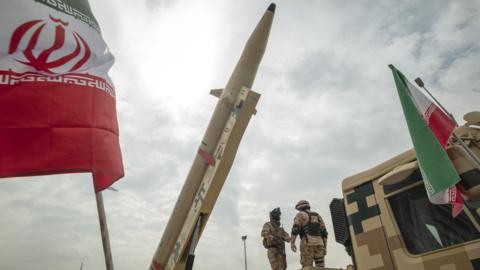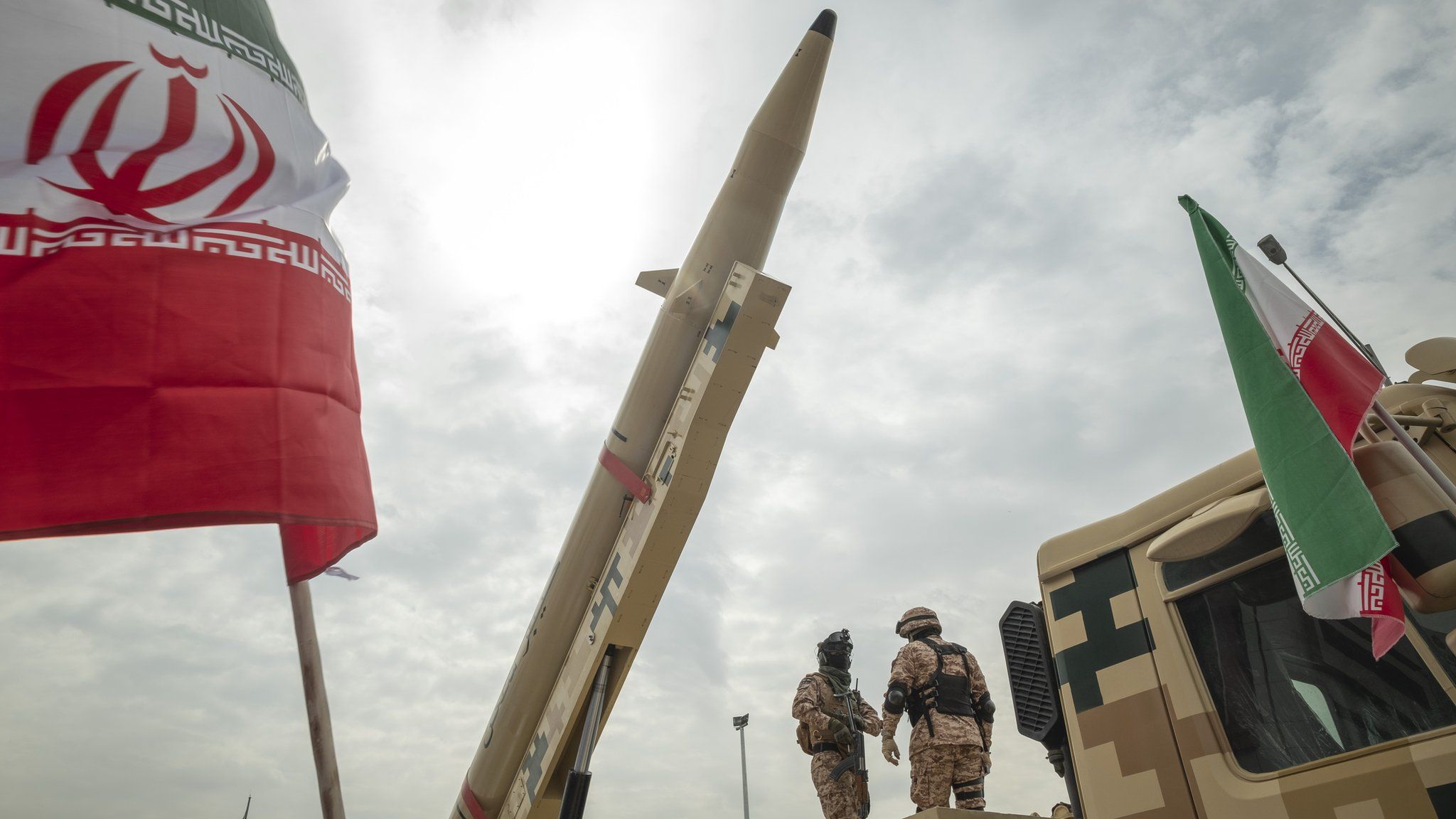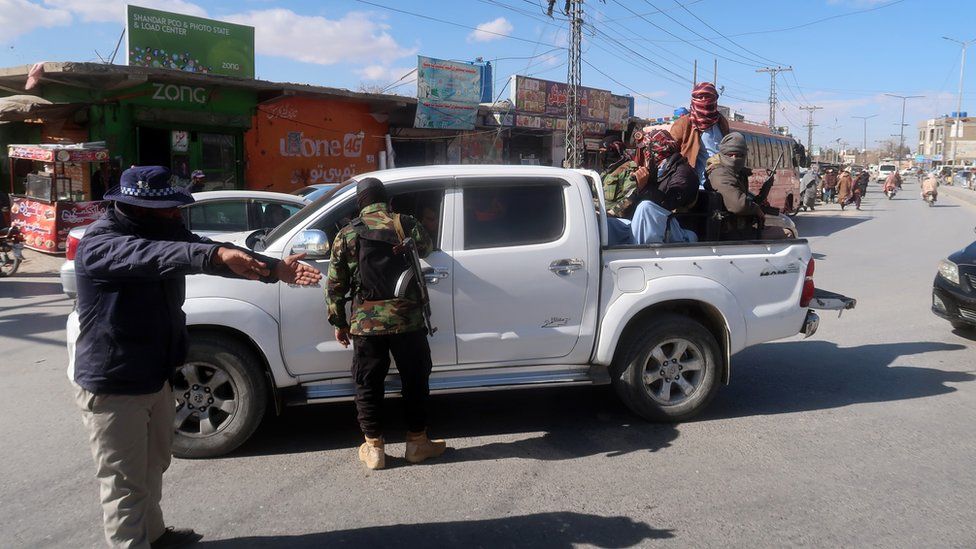
Pakistan says its has launched missile strikes into neighbouring Iran, two days after an Iranian attack inflamed relations between the nuclear states.
Pakistan said the attacks had struck “terrorist hideouts” in the bordering Sistan-o-Balochistan province.
Iranian media reported that three women and four children had been killed.
The two have long accused each other of harbouring militant groups that carry out attacks in their border regions.
On Wednesday evening, Iranian media reported that several explosions were heard near the border with Pakistan, around the city of Saravan.
Pakistan’s Ministry of Foreign Affairs confirmed the strikes in a statement, and said that “a number of terrorists were killed during the Intelligence-based operation”.
Pakistan’s military action comes after it fiercely condemned Iran’s strike on Tuesday, which it said killed two children.
Iran said its strikes were aimed at a Pakistan-based insurgent group, but Pakistan said civilians were killed.
It had warned Tehran of “serious consequences” for the “illegal” action and banned Iran’s ambassador from returning to the country and also withdrew its own envoy from Pakistan.
Iran insisted its strikes were aimed only at Jaish al-Adl, which it labels a terrorist group, and not Pakistan’s citizens.
However its neighbour to the east was outraged by the action. Pakistan said it had occurred “despite the existence of several channels of communication”.
On Thursday, Pakistan defended its own strikes into Iranian territory, saying its actions were only aimed at the “terrorists” known as Sarmachars.
“This action is a manifestation of Pakistan’s unflinching resolve to protect and defend its national security against all threats,” the foreign ministry said.
Pakistan said it “fully respects” Iran’s “sovereignty and territorial integrity” and the “the sole objective of today’s act was in pursuit of Pakistan’s own security and national interest which is paramount and cannot be compromised.”
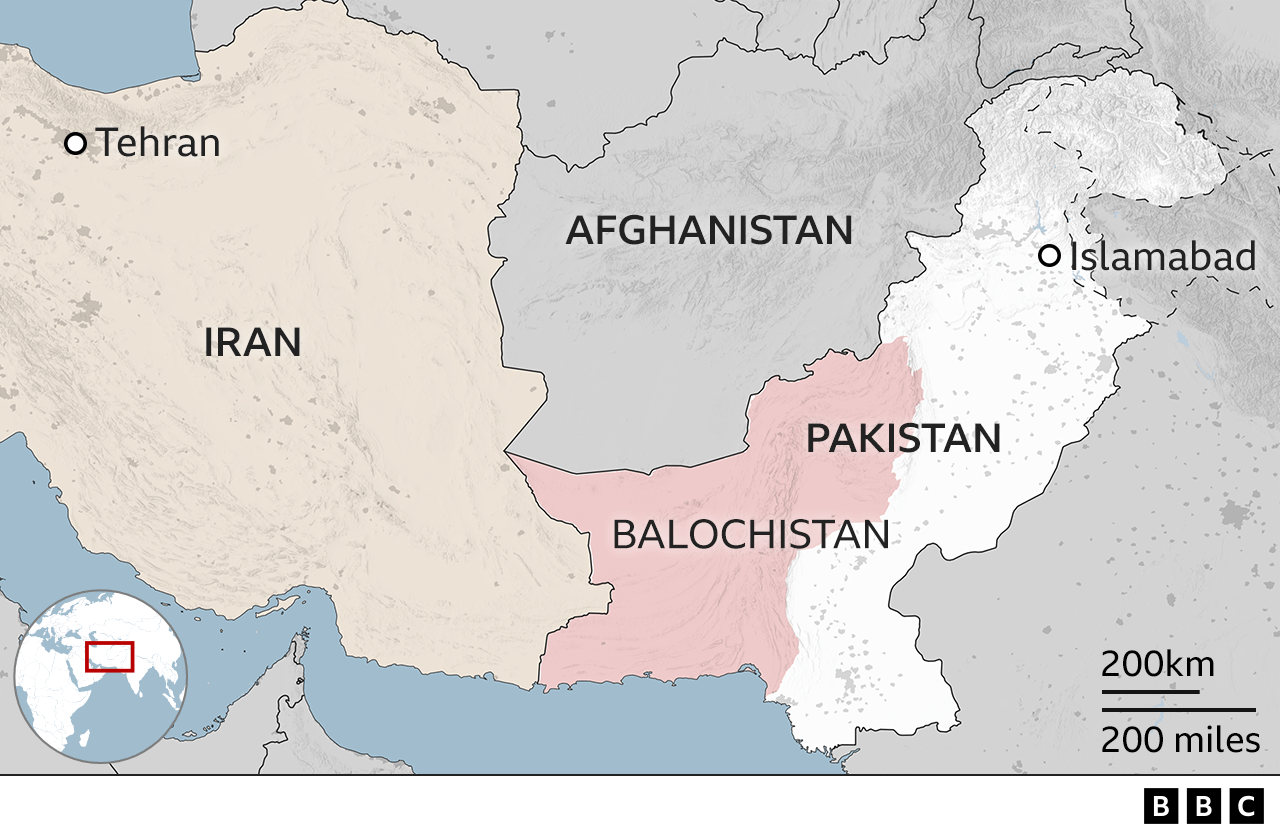
Related Topics
-
-
12 hours ago
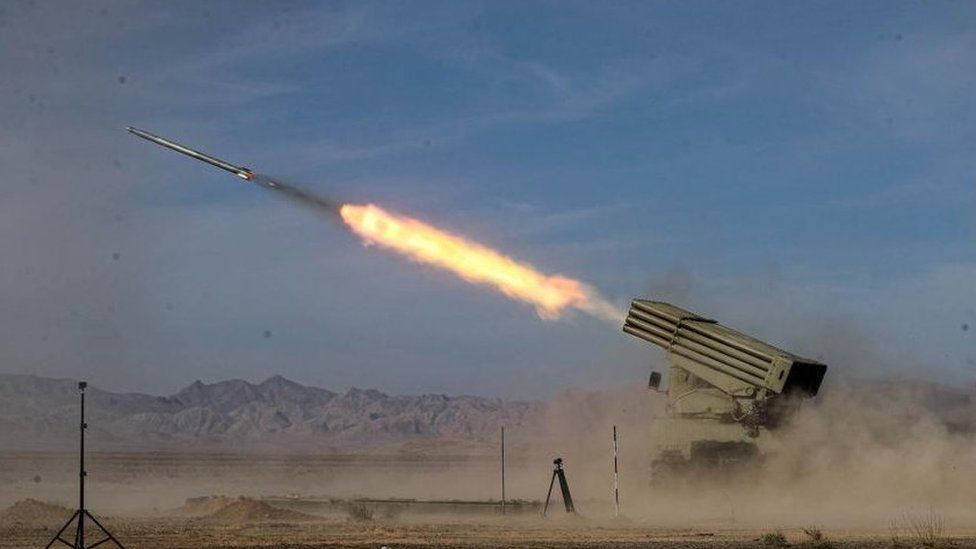
-

